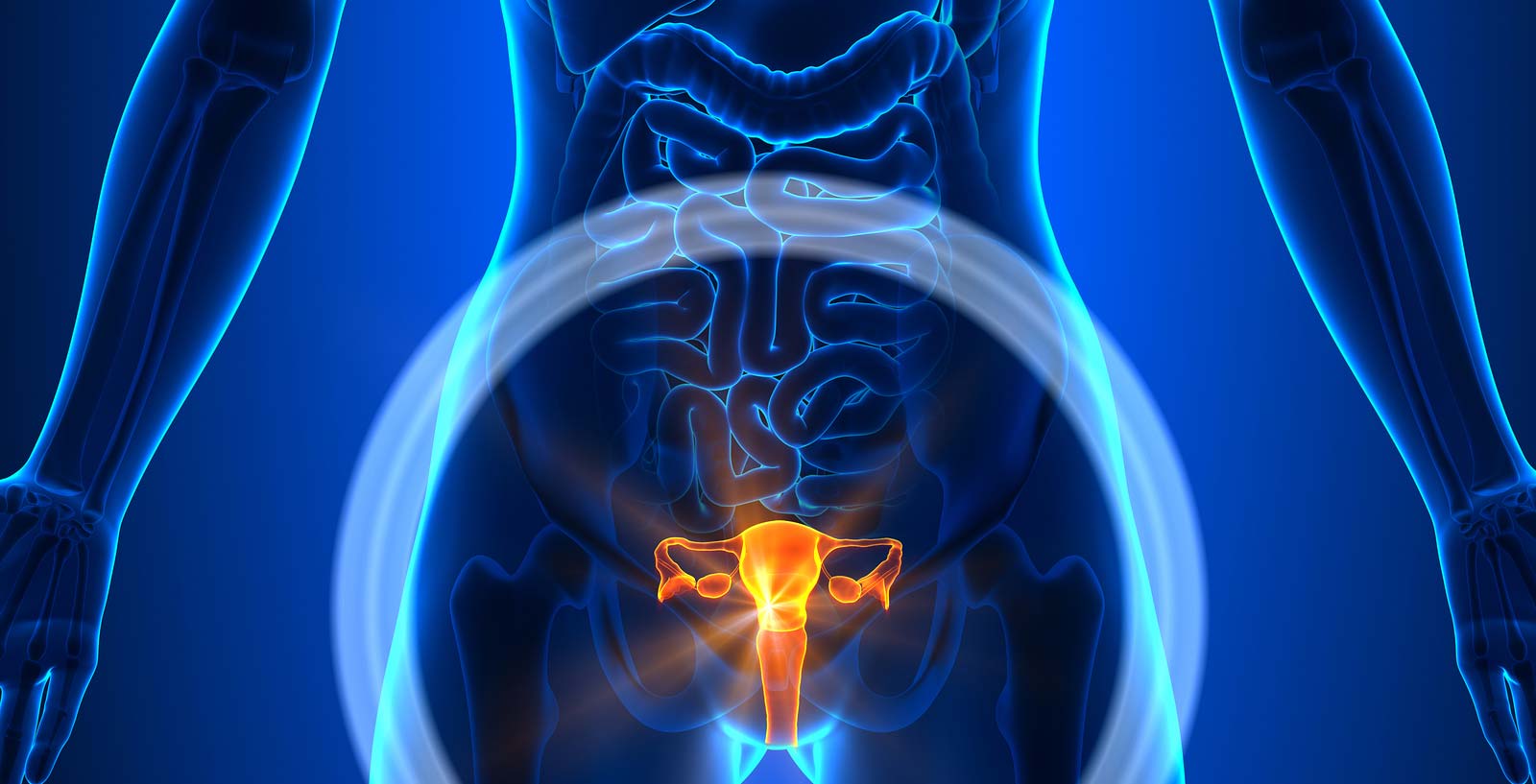Not everyone who experiences menopause is actually going through this due to their age. Sometimes, a woman experiences this milestone in life due to medical reasons that necessitate the removal of her uterus. This operation is called a hysterectomy, and there are many reasons why such a surgical procedure is required.
Some of the main reasons for a hysterectomy include cancer of the uterus, ovaries or cervix, abnormal vaginal bleeding, and endometriosis (this is when the lining of the uterus develops outside of it instead of inside). Also part of the list of reasons for this procedure is chronic pelvic pain, adenomyosis (uterus thickening), and when uterine fibroids begin to cause a woman bleeding, pain, and other issues. Another reason why an operation may be required is when the uterus slides down to the vaginal canal in what is called a uterine prolapse.
Whatever the case may be, a hysterectomy is only considered a last resort for cases where cancer is not the problem. All other measures are exhausted to treat the problem before this surgical procedure is finally turned to. This is because, while the removal of the uterus is seen as the solution to many of these problems, it is not without its risks.
Risks, Effects, and What to Expect After a Hysterectomy
This is considered a low-risk type of surgery, with majority of those who undergo this procedure not having any serious problems afterwards. There have been a few however, who have suffered from complications which include urinary incontinence, fistula formation, vaginal prolapse, and chronic pain. Also part of this list is the possibility of blood clots, wound infections, and hemorrhaging, although these are also quite rare.
What women need to be prepared for after a hysterectomy is the onset of early menopause. This is something you need to expect if your ovaries were also removed in the process. The removal of the ovaries is dependent on the reason of the procedure in the first place. Sometimes however, the ovaries are removed even when there is no need to help prevent ovarian cancer from occurring after the removal of the uterus.
The absence of the uterus is what triggers a woman’s early entrance into menopause since she won’t be having her periods after this. If the ovaries are removed, the other symptoms of menopause will usually come at the same time as this cessation of a woman’s menses. This is because of the drop in hormones that are produced by the ovaries as well as the uterus. If your ovaries are untouched however, you will no longer bleed but you will still be producing hormones, which will keep the other symptoms of menopause at bay.
Whether you have only your uterus removed, or have your ovaries and fallopian tubes included in the procedure, you are still likely to exhibit some menopausal symptoms, apart from the cessation of your monthly bleed. Some of these symptoms include vaginal dryness, lowered libido, and hot flashes. Irritability can also result from this along with sleeplessness and sometimes, depression.
In order to cope with these symptoms, you need to consult with your doctor for help. Hormone replacement therapy, particularly estrogen therapy, is sometimes recommended by doctors along with a healthier lifestyle. For you to find out what is best for you however, only your doctor can tell you, which is why it is best to talk to them about your options before undergoing this procedure.









